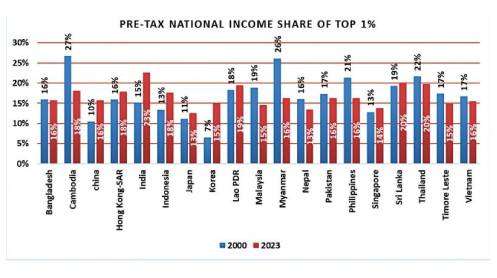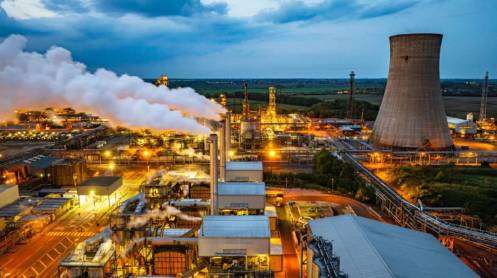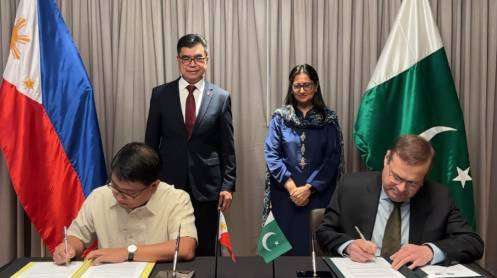Islamabad, October 30, 2025 – A new Oxfam report has raised alarm over deepening inequality in Pakistan, where the wealthiest 10 percent hold 42 percent of national income, leaving the majority increasingly vulnerable to economic, climate, and digital disparities.
Titled An Unequal Future: Asia’s Struggle for Justice in a Warming, Wired World, the report highlights how Pakistan mirrors wider regional trends of elite wealth concentration, climate vulnerability, and uneven access to technology. Across Asia, the richest 10 percent capture between 60–77 percent of national income, while the poorest half receive only 12–15 percent.
Oxfam Executive Director Amitabh Behar said Pakistan is among the countries “hardest hit by floods and climate shocks, yet the richest continue to hoard wealth and dodge taxes, leaving ordinary people to face the worst of the destruction.”
Dr. Abid Aman Burki of the Lahore University of Management Sciences (LUMS) said the country’s economic model “benefits the powerful elite with a tax system reliant on indirect taxes, disproportionately burdening low- and middle-income households.”
The report also reveals Pakistan’s limited investment in social welfare, spending less than 2 percent of GDP on education, among the lowest in the region, while maintaining a tax-to-GDP ratio of around 10 percent — one of the weakest in Asia.
Oxfam warns that inequality in Pakistan is further compounded by the climate crisis and the digital divide. With Asia identified as the world’s most disaster-hit region, Pakistan remains among the most vulnerable nations, requiring billions annually for climate adaptation but receiving limited external support, mostly as loans.
The digital divide also remains stark: just 49 percent of rural residents in Asia have internet access compared to 83 percent in urban areas. Women in South Asia, including Pakistan, are disproportionately disconnected, with affordability, safety concerns, and unpaid care work keeping millions offline.
The report concludes that without urgent reforms in taxation, social spending, and climate resilience, Pakistan’s development will remain skewed in favor of the elite — widening the gap between a privileged few and the struggling majority.
Story by Zofeen T. Ebrahim







